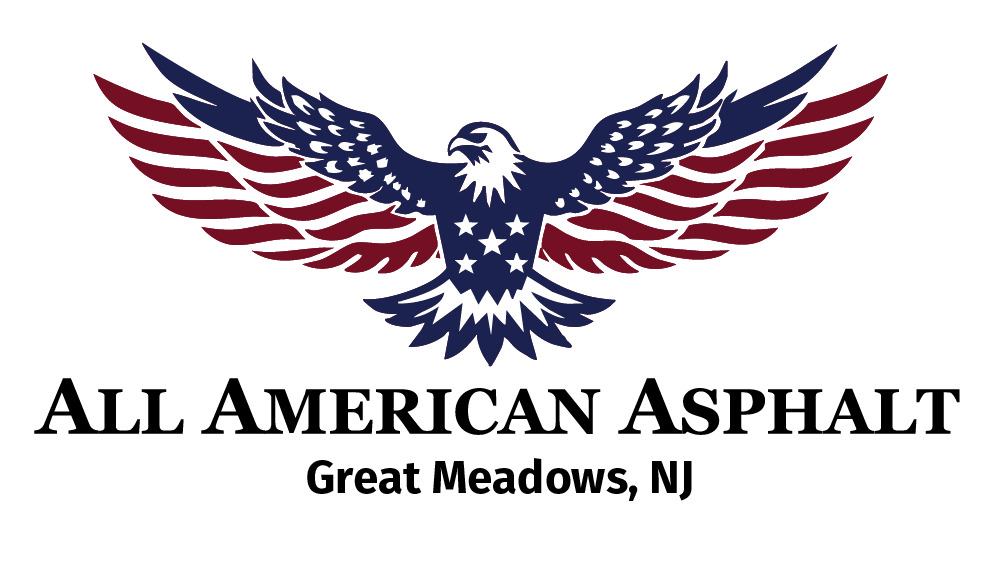The Best Time of Year to Pave or Sealcoat in NJ & PA
- Jhon Jair Grisales

- Jun 18, 2025
- 4 min read

When it comes to paving or sealcoating in New Jersey and Pennsylvania, timing can make all the difference. The changing seasons bring various conditions that can help or hinder the effectiveness of these essential services. Understanding when to tackle these projects can ensure that your investment lasts for years to come.
Understanding the Importance of Timing
The seasons in New Jersey and Pennsylvania vary significantly. This means the climate changes throughout the year, affecting paving and sealcoating jobs. Companies that offer these services experience peak seasons based on temperature, precipitation, and humidity.
Proper timing ensures better results and saves you money. For instance, many paving and sealcoating products work best at specific temperatures—usually between 50°F and 90°F. When conditions are not right, you might face issues like poor adhesion or faster deterioration of the pavement.
Spring: An Ideal Fresh Start
Spring is one of the most favorable times for paving or sealcoating in NJ and PA. After the winter freeze, warmer weather and soft ground help pave effectively.
In early spring, temperatures range from 50°F to 70°F, which is perfect for both asphalt and sealcoat applications. Humidity levels also decrease, promoting better adhesion and quicker curing times. For example, if you were to sealcoat during this time, you might find it cures within 24 hours, compared to 48 hours in hotter, humid conditions later in summer.
Ensure the ground is dry and free from frost before starting your project. Waiting for the right conditions can lead to a smoother finish and longer-lasting results.
Summer: The Season of High Demand
Summer typically sees increased demand for paving and sealcoating, and rightly so. Consistent warmth, usually between 70°F and 90°F, allows for easier application and quicker curing. For instance, next-day curing could be seen in ideal conditions, making it widely favored.
Contractors are generally busy this season, meaning you benefit from their experience. However, the downside is longer wait times for service, sometimes stretching to weeks during peak periods. Keep an eye on humidity levels; excessive humidity can interfere with the curing process. Scheduling your project for less humid days will ensure that everything goes smoothly.
Fall: A Perfect Balance
Fall can be another excellent time for paving and sealcoating in NJ and PA. Temperatures in the fall also hover around 50°F to 70°F, aligning perfectly with the conditions needed for these processes.
As summer ends, many contractors have more availability, allowing you to schedule without lengthy delays. The moderate temperatures and clear autumn days make this a comfortable time for outdoor work. It's best to schedule your job in early fall to avoid unpredictable late-fall weather, including rain and the potential for the first snowfall.
If you aim to have paving or sealcoating completed before winter hits, plan carefully. Aim for late September to early October for optimal conditions.
Avoiding the Winter Chill
Winter is the least suitable time for paving or sealcoating in NJ and PA. Cold temperatures, along with snow and ice, can negatively affect the quality and durability of your work.
For example, if pavement is applied in winter, it may lead to poor adhesion and cracking soon after the job is done. Icy conditions can also create safety hazards for both workers and users of the pavement.
Only consider emergency repairs during this season; otherwise, it’s best to wait for warmer months for better results.
Additional Considerations for Paving and Sealcoating
In addition to seasonal timing, several factors are important before moving forward with your paving or sealcoating project.
Weather Forecast
Always check the long-term weather forecast before scheduling. It is wise to plan your work for dry weather expected for several days. This ensures materials set well and avoid unnecessary delays.
Local Regulations
Be informed of any local regulations regarding paving operations. Some areas may impose specific guidelines on when paving can take place, which can affect your scheduling.
Choosing a Quality Contractor
Hiring a skilled contractor who understands the New Jersey and Pennsylvania climate is crucial. A knowledgeable contractor will ensure that your project runs smoothly and is completed on time, optimizing the performance of the materials used.
Optimal Timing for a Lasting Investment
Determining the best time to pave or sealcoat in New Jersey and Pennsylvania plays a vital role in the durability of your project. Spring and fall emerge as the top choices due to ideal temperatures and conditions, while summer can present challenges with demand and humidity. Winter, on the other hand, should generally be avoided to maintain the quality of your investment.
By considering the seasonal climate and working with an experienced contractor, you will enhance the lifespan of your pavement. This investment ensures you create a functional and visually appealing surface for years to come. Prepare properly, plan ahead, and you will be well on your way to achieving the ideal finish for your pavement.
Feel free to reach out with any questions regarding your paving and sealcoating needs, and get ready to make your surface shine!





Comments